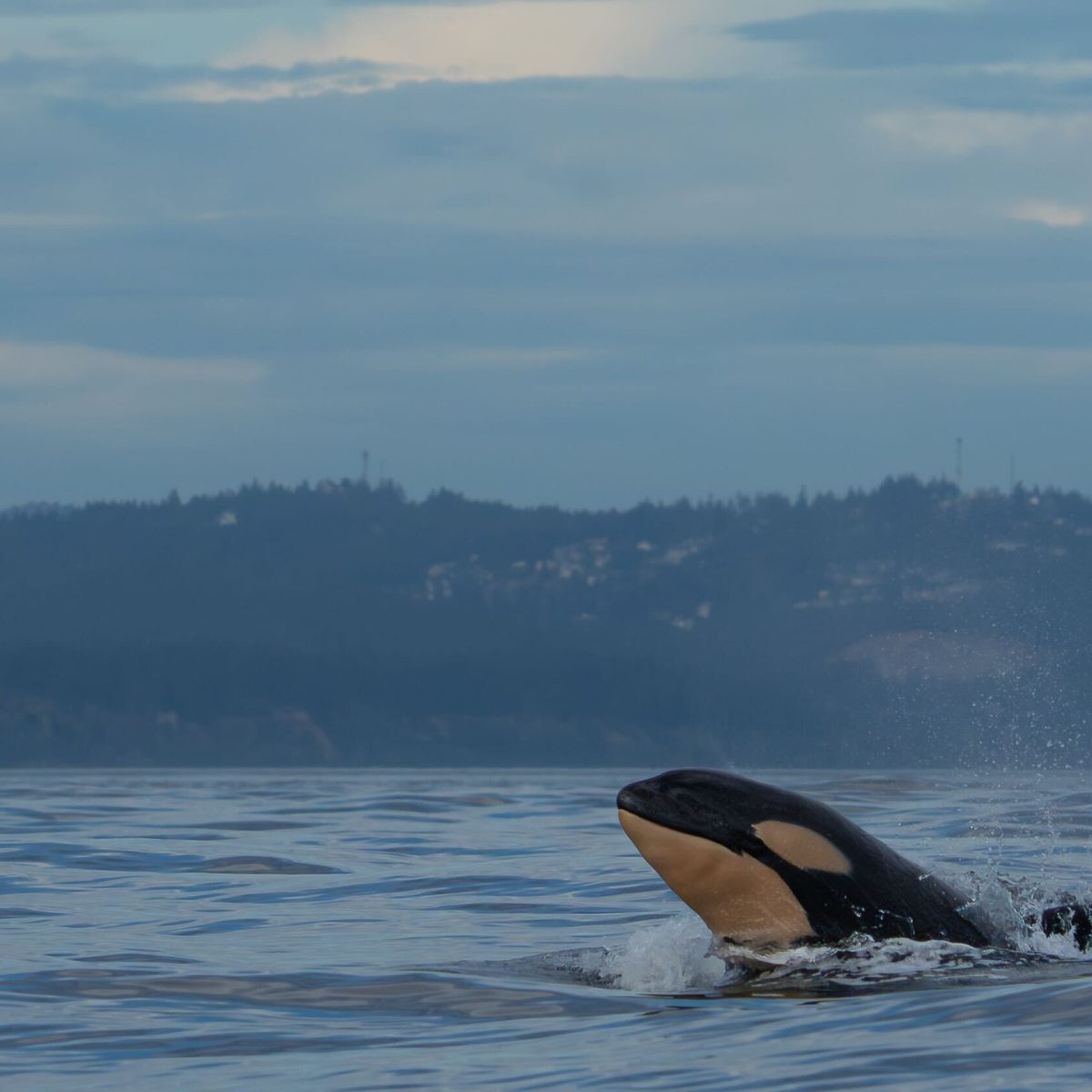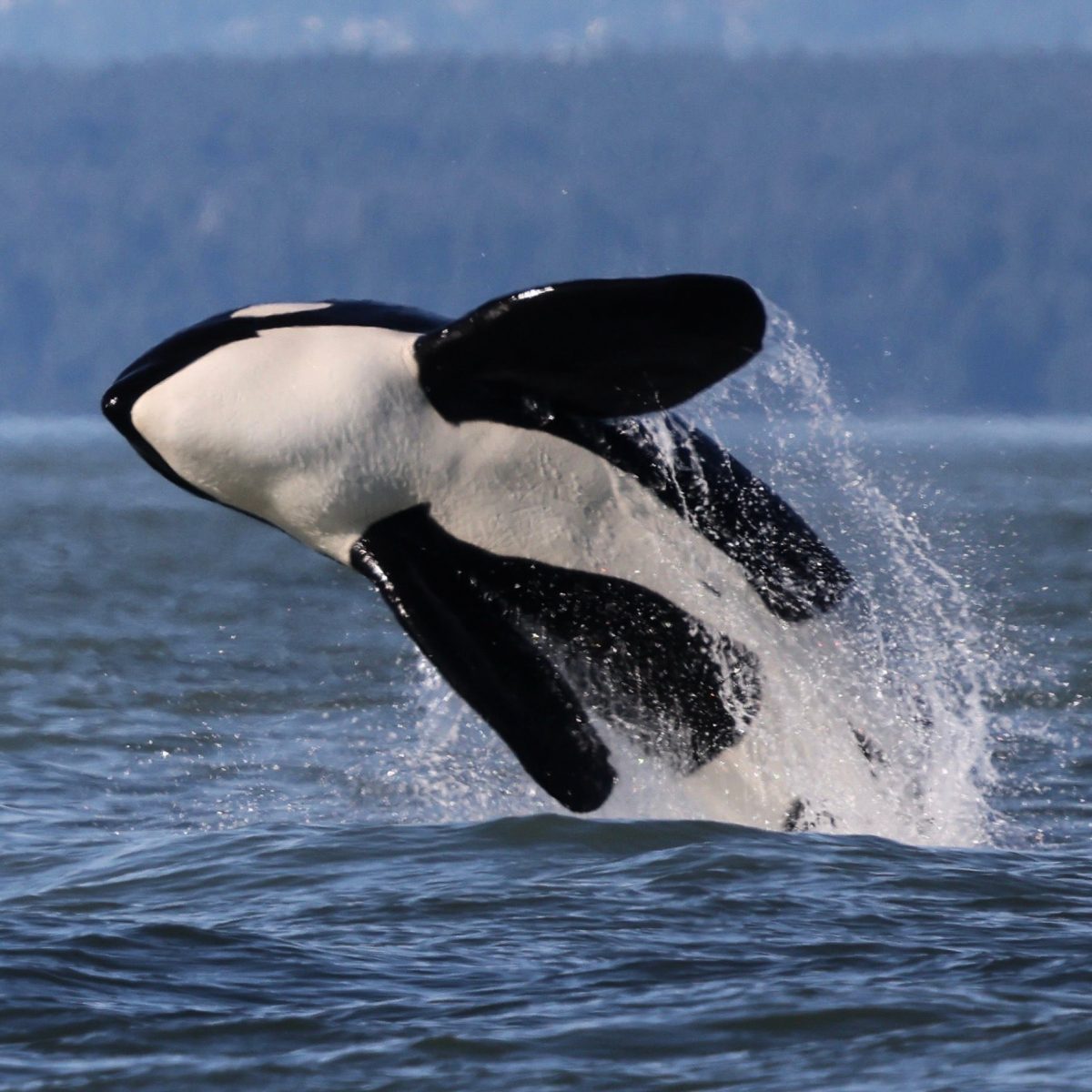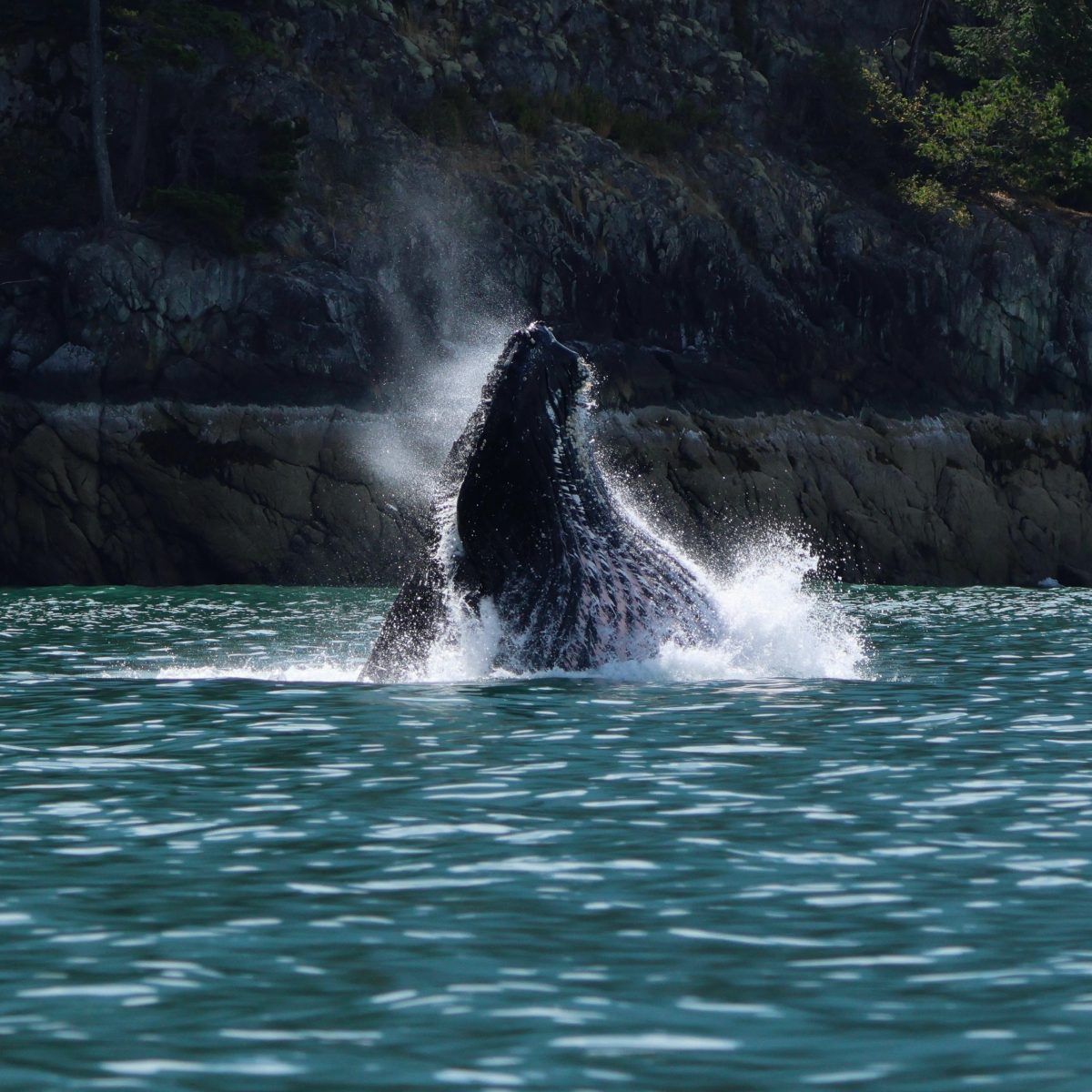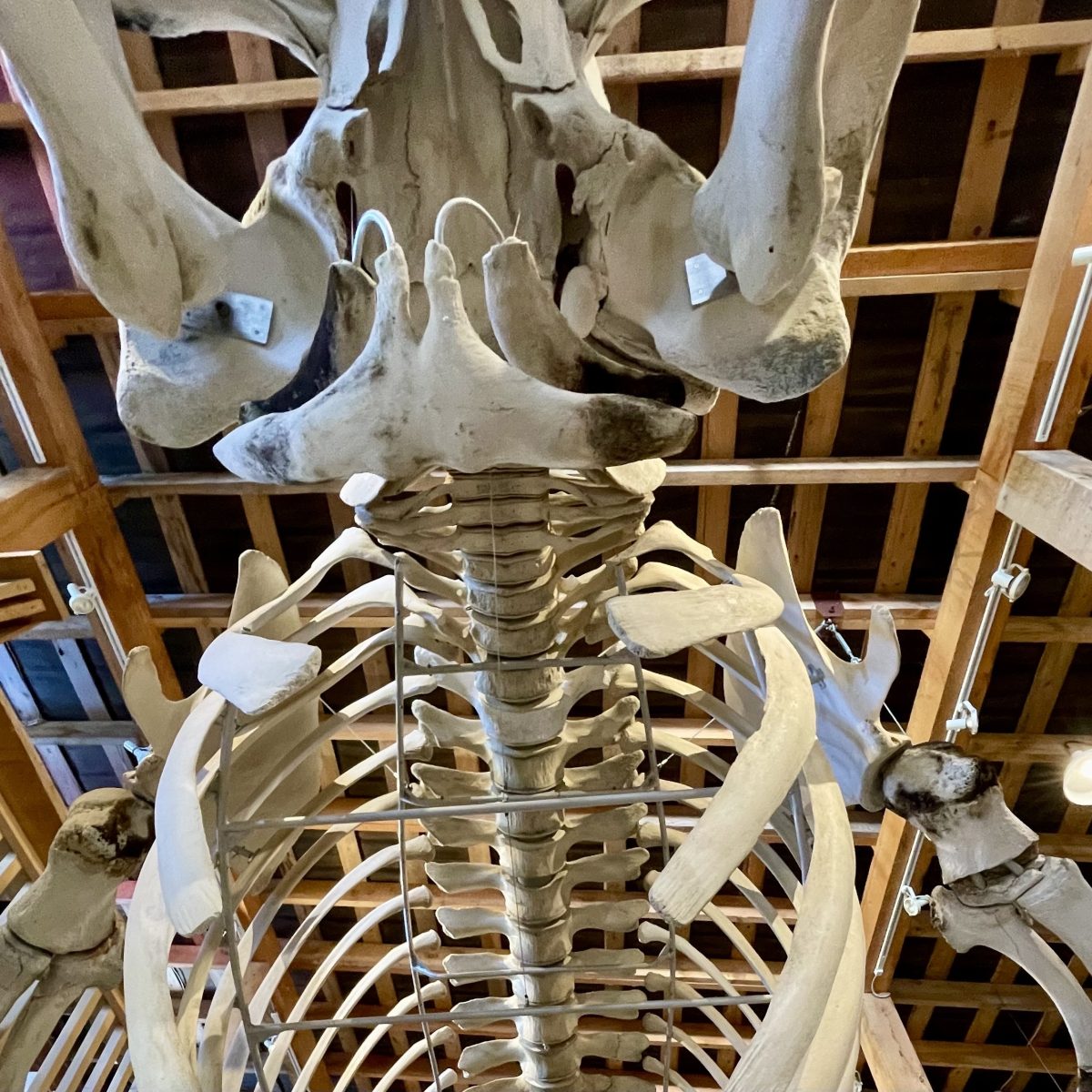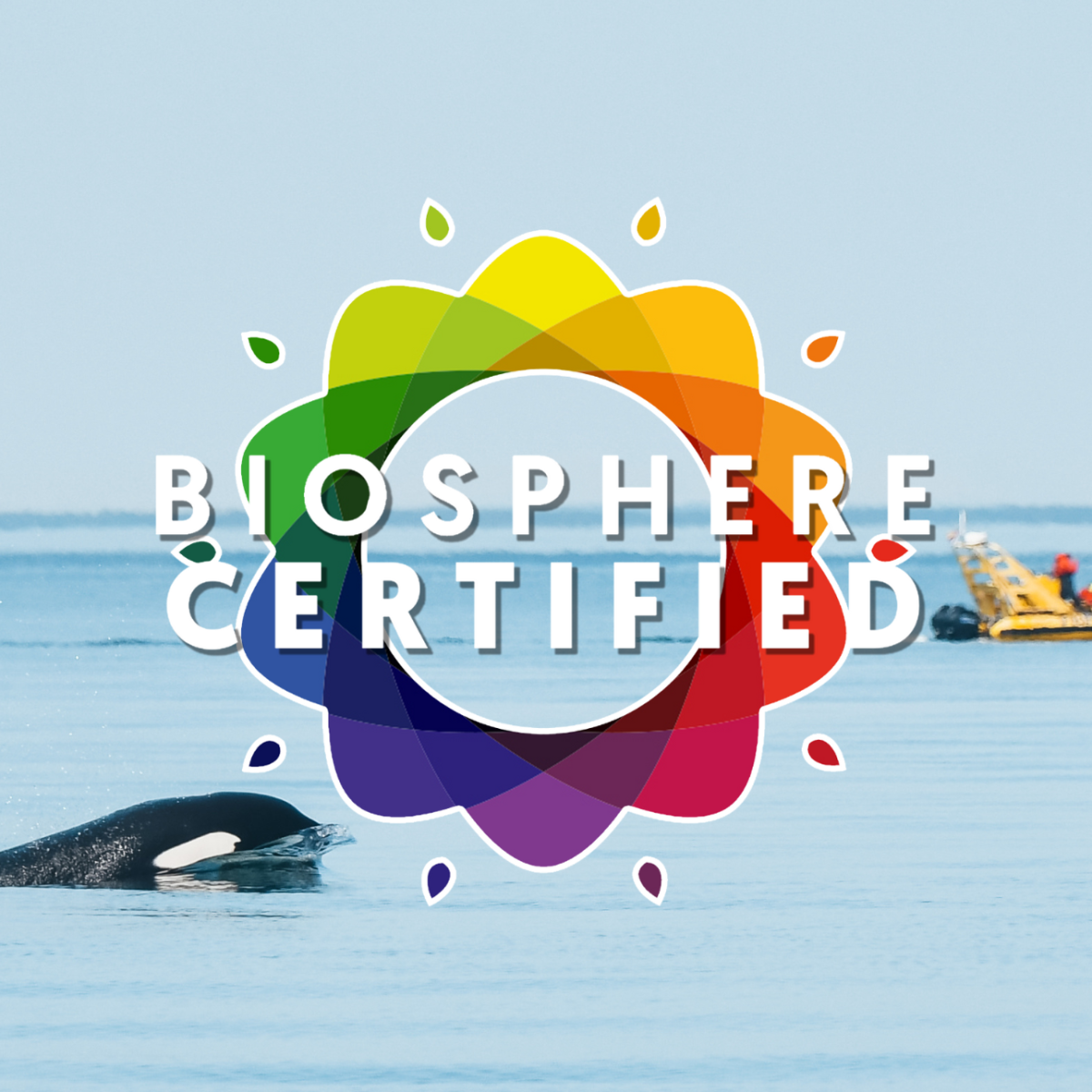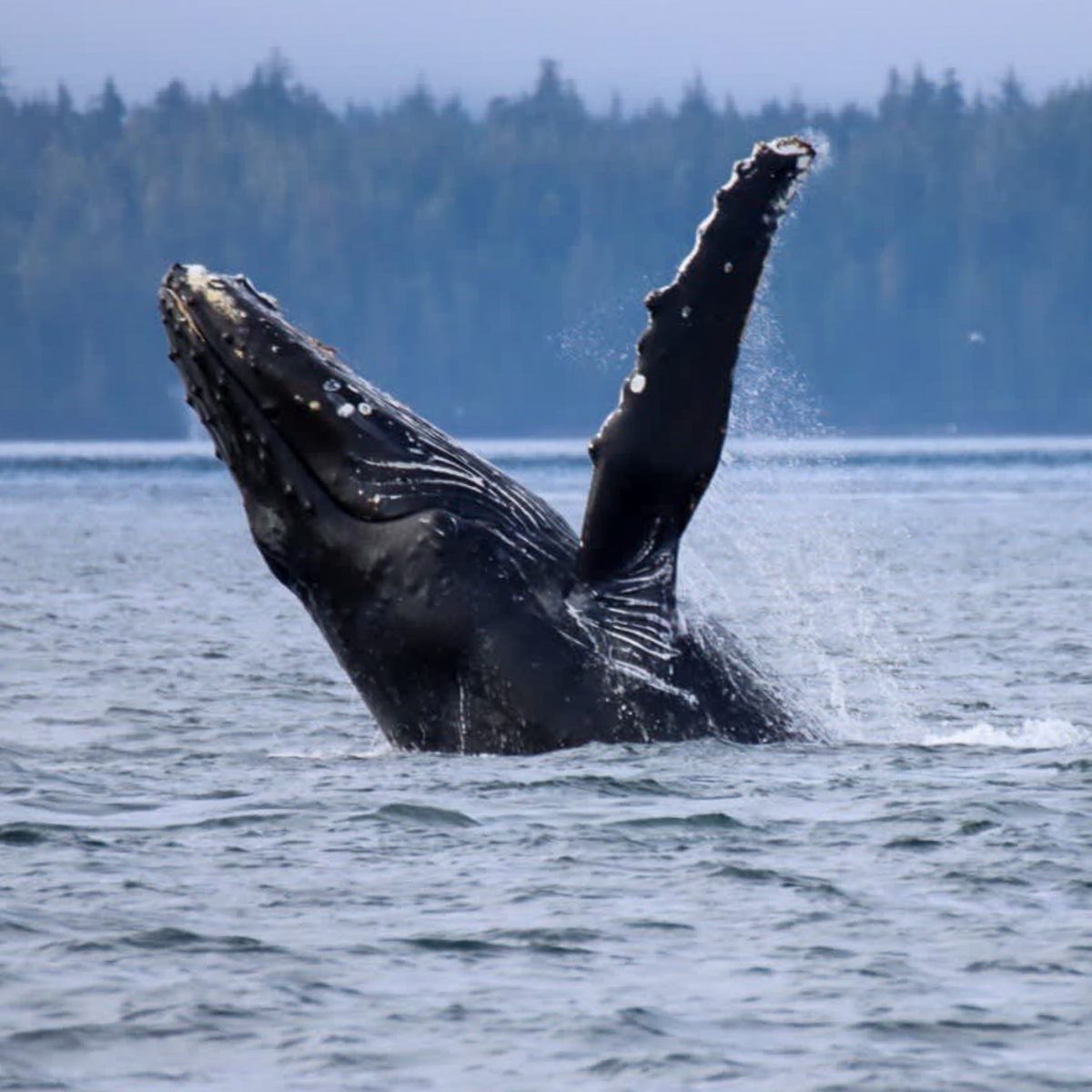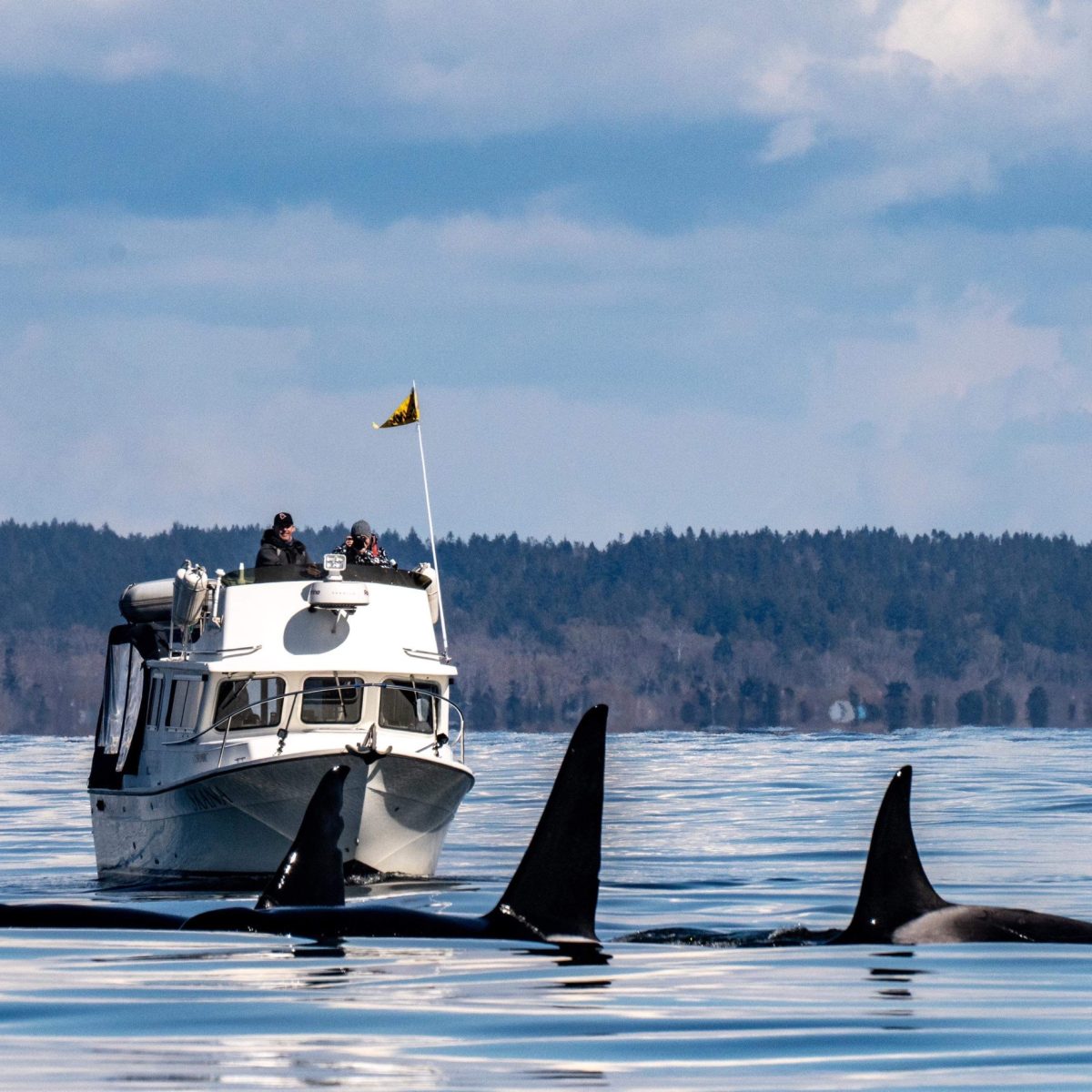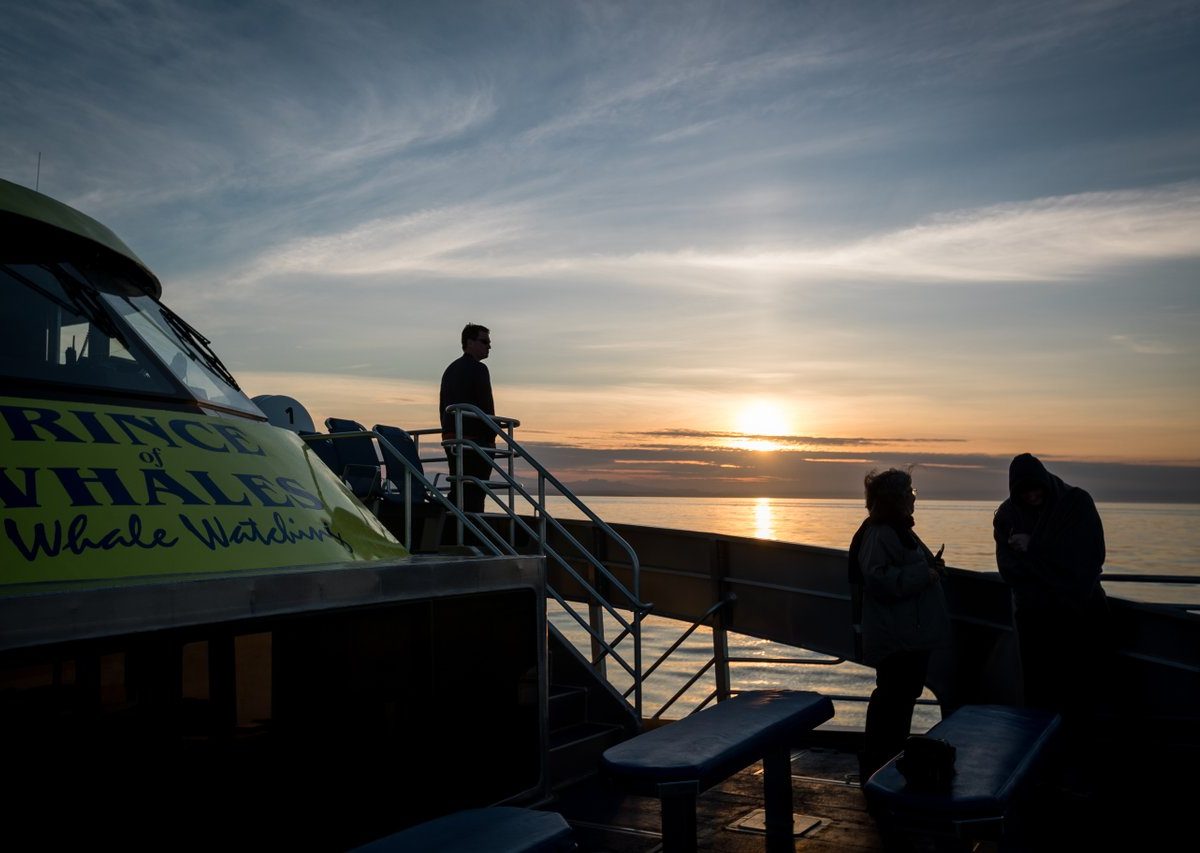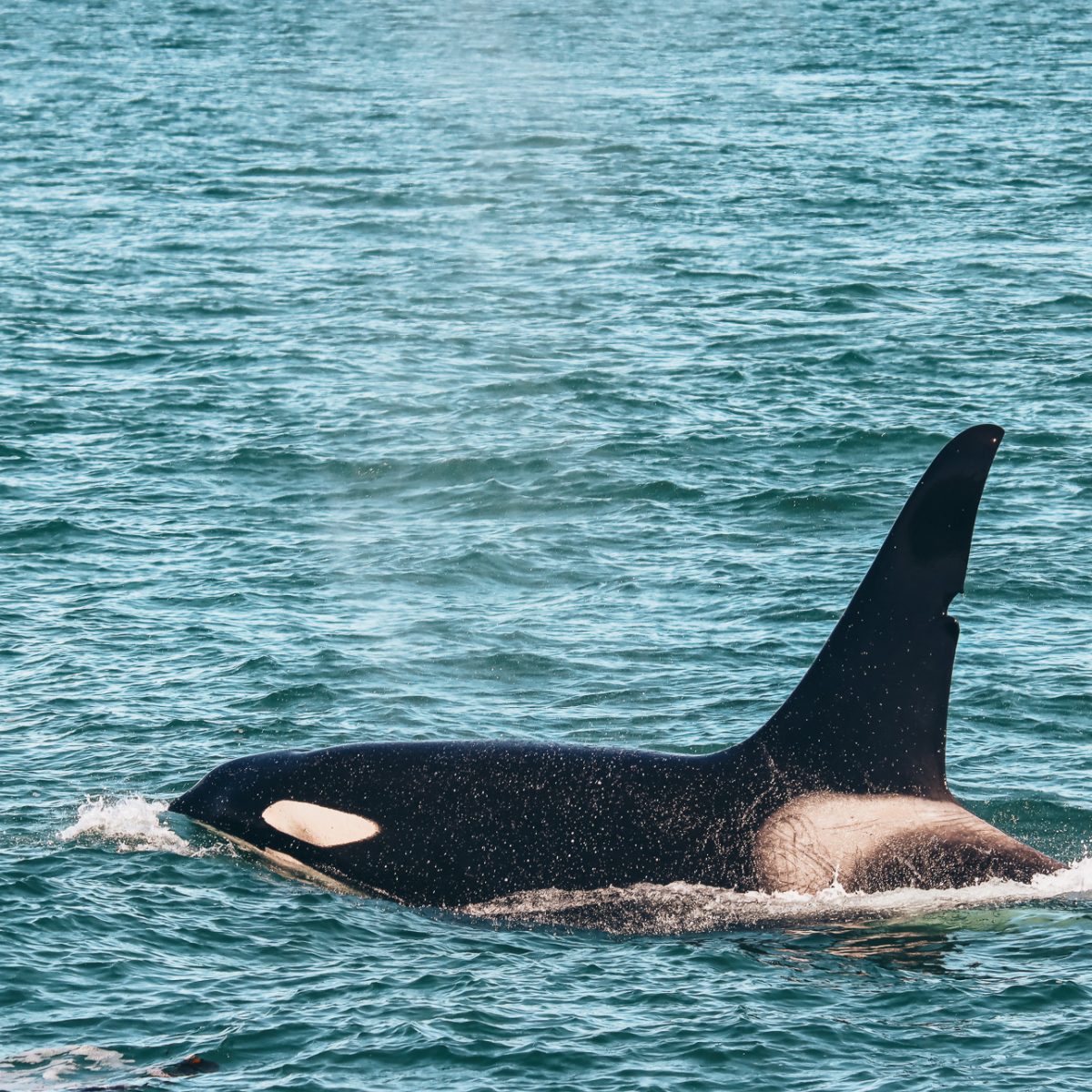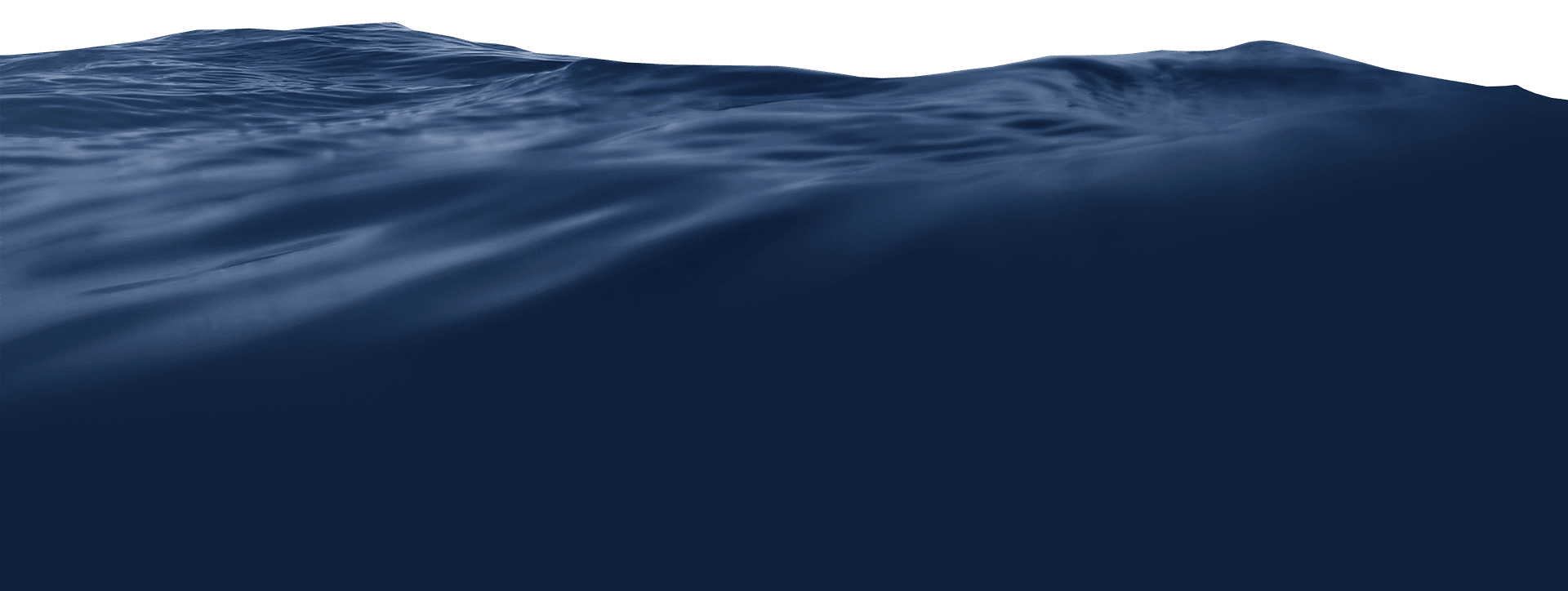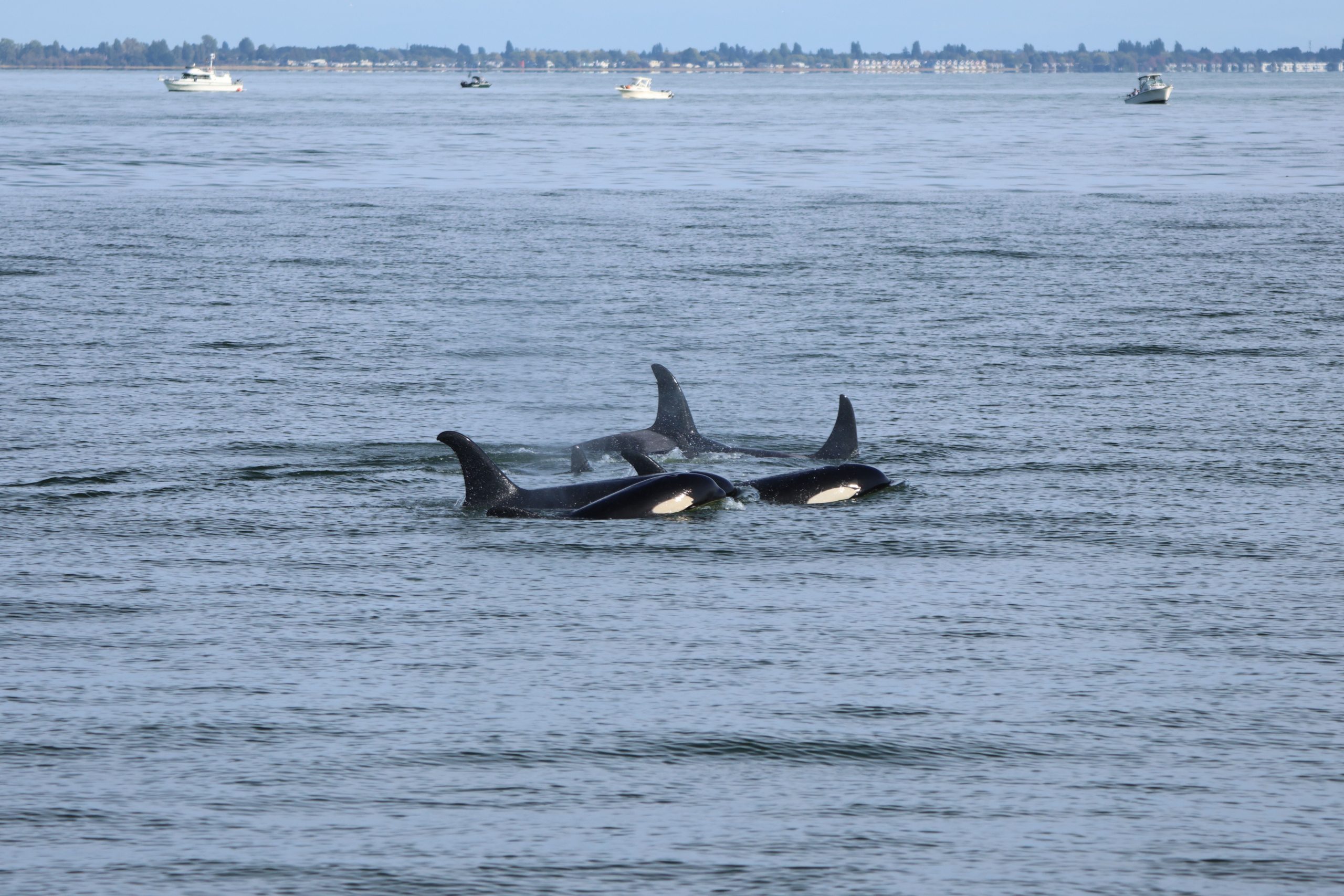
When most people picture killer whales hunting, they imagine sleek black-and-white fins working together like wolves of the sea. But what’s often overlooked is that orcas aren’t just learning from one another, in many places around the world, they’ve developed fascinating relationships with seabirds, showing just how adaptable and intelligent these marine mammals can be.
Birds as Hunting Partners
In the ocean, birds are often the first to spot prey. Flocks of gulls, shearwaters, or albatrosses circling above a patch of water usually signal that fish are close to the surface. Orcas have learned to use these cues to their advantage, honing in on the same spots where birds are diving. By reading the activity of seabirds, orcas can find food more quickly and with less wasted energy.
Learning Through Culture
What makes orcas truly extraordinary is that these strategies are learned behaviours, passed down within family groups and pods. Just as young orcas learn how to beach themselves to catch seals or how to work together to create waves that wash prey off ice floes, they also learn to watch the skies. By following the lead of their mothers and other experienced pod members, young orcas gain the skills to interpret bird activity and integrate it into their own hunting techniques.
Regional Differences
Not every orca population hunts the same way. In British Columbia and Washington, Bigg’s killer whales primarily target marine mammals, while in other parts of the world, orcas hunt fish and may rely more heavily on seabirds as indicators. In places like Norway, where herring schools dominate the ecosystem, orcas and seabirds can often be seen feeding side by side in massive spectacles of coordinated chaos.
A Glimpse Into Orca Intelligence
This relationship between orcas and seabirds highlights the incredible adaptability of killer whales. They are opportunistic, creative, and culturally diverse animals, capable of developing specialized hunting strategies that fit their environment. Watching orcas learn from the skies above reminds us that the ocean is not a place of isolated species but a dynamic web of interactions, where cooperation and observation can mean survival.
At Prince of Whales, we’re reminded every season that these animals are not just powerful predators, but also remarkable learners, always adapting, always surprising us.

